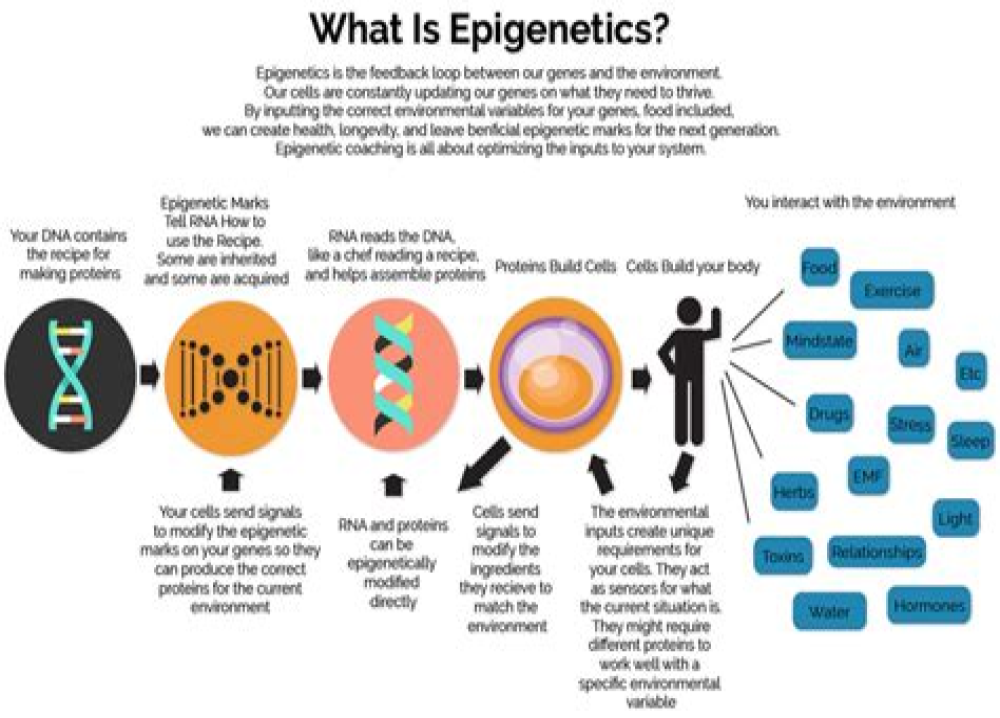Authors: Alberto Mantovani, M.D., and Mihai G. Netea, M.D.
Innate immunity is mediated by different cell types and cell-associated or fluid-phase pattern-recognition molecules and plays a key role in tissue repair and resistance against pathogens.1 Exposure to selected vaccines, such as bacille Calmette–Guérin (BCG) or microbial components, can increase the baseline tone of innate immunity and trigger pathogen-agnostic antimicrobial resistance (known as trained innate immunity). Such training is directly relevant to resistance against infectious diseases, including Covid-19. A recent study by de Laval et al.2 pinpoints a driver of durable innate immune memory conferred by myeloid cells (monocytes, macrophages, and neutrophils).
Myeloid cells are central players in innate immunity: they produce effector molecules and contribute to the activation, orientation, and regulation of adaptive immune responses. Diversity and plasticity are fundamental properties of myeloid cells, particularly macrophages. To some extent, these properties are imprinted through ontogenetic origin (embryonal vs. adult bone marrow), but they are also influenced by environmental cues in the tissue. Moreover, in response to microbial molecules, metabolic products, or cytokines, macrophages increase effector function (“activation”), are primed for short-term responses (“priming”), or become unresponsive (“tolerance”). Microbial components can also cause long-term imprinting (“training”) of innate immunity and myeloid-cell function (Figure 1).3 (This type of imprinting is distinct from genomic imprinting whereby methyl groups are added to DNA in or near specific genes.)
For More Information: https://www.nejm.org/doi/10.1056/NEJMcibr2011679
